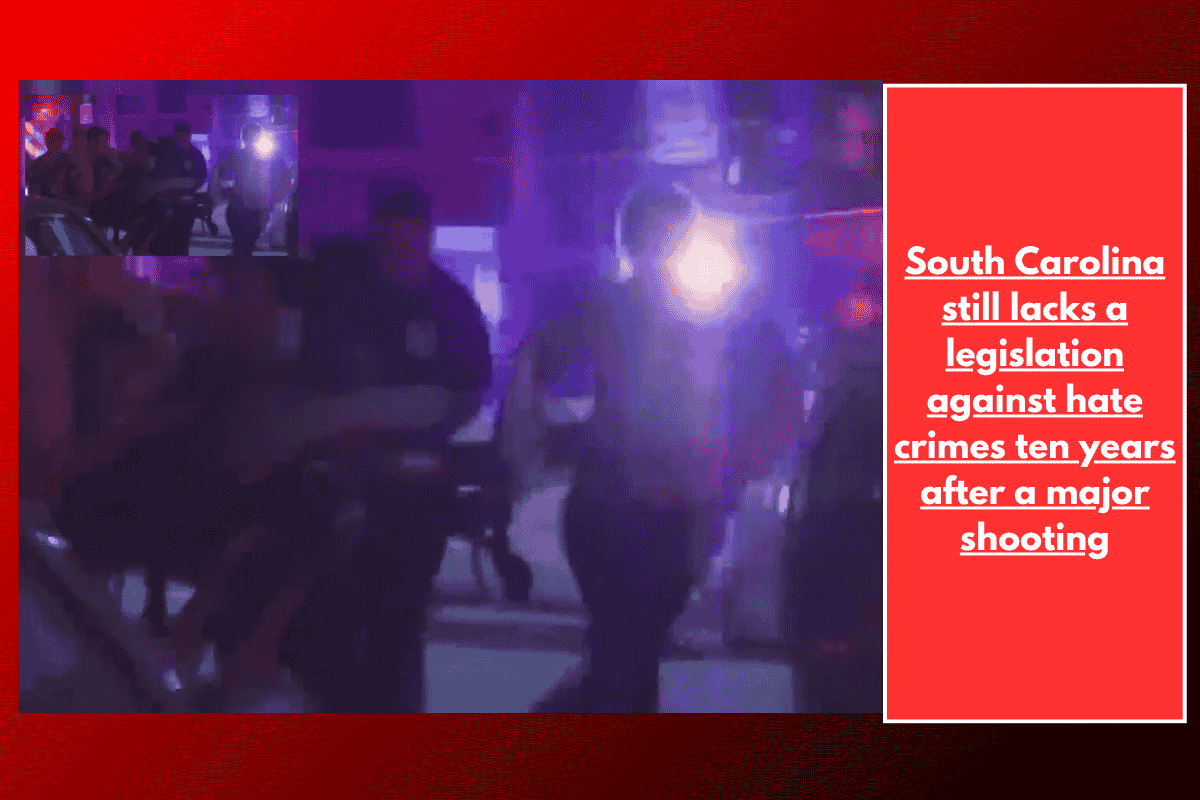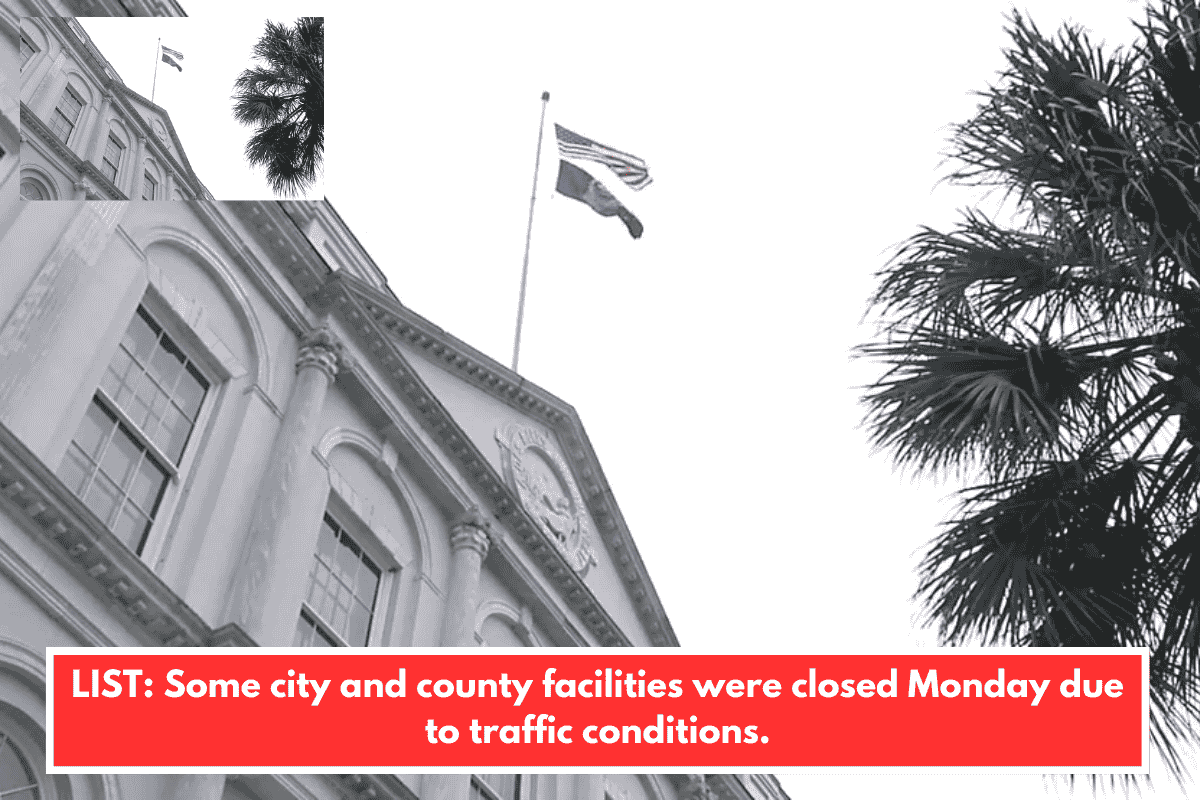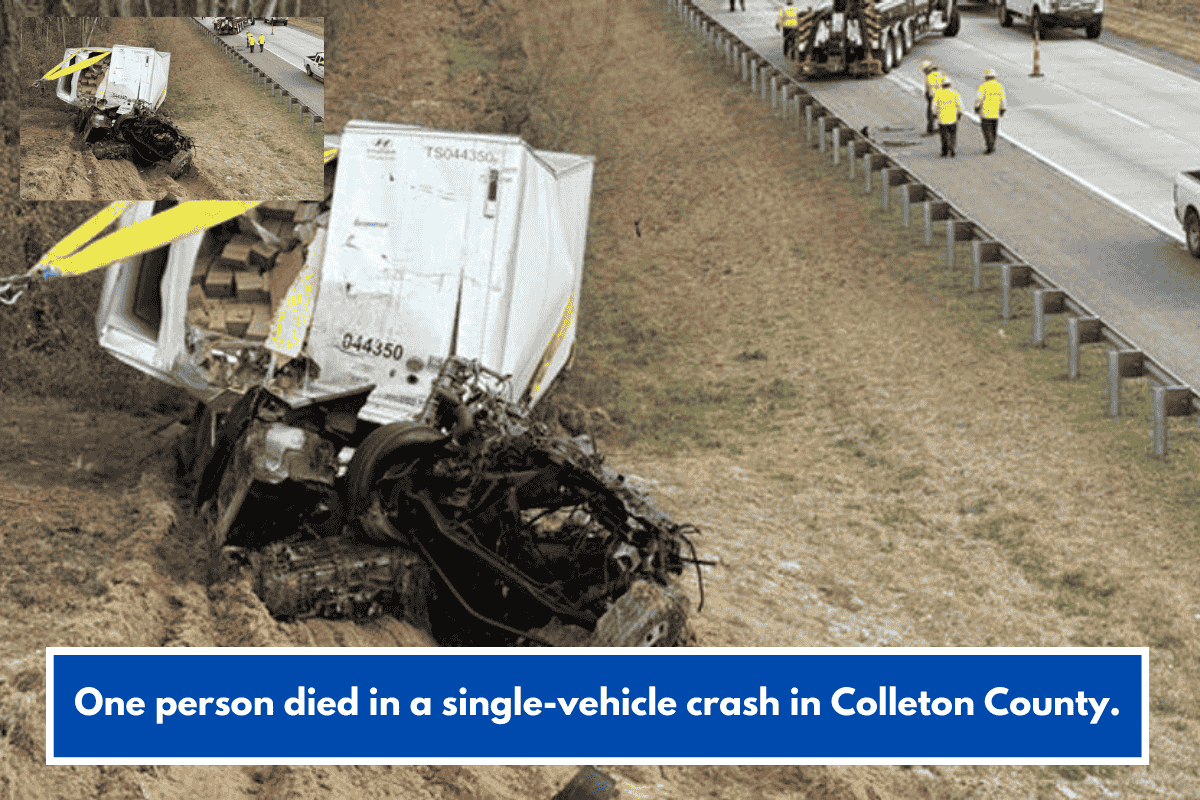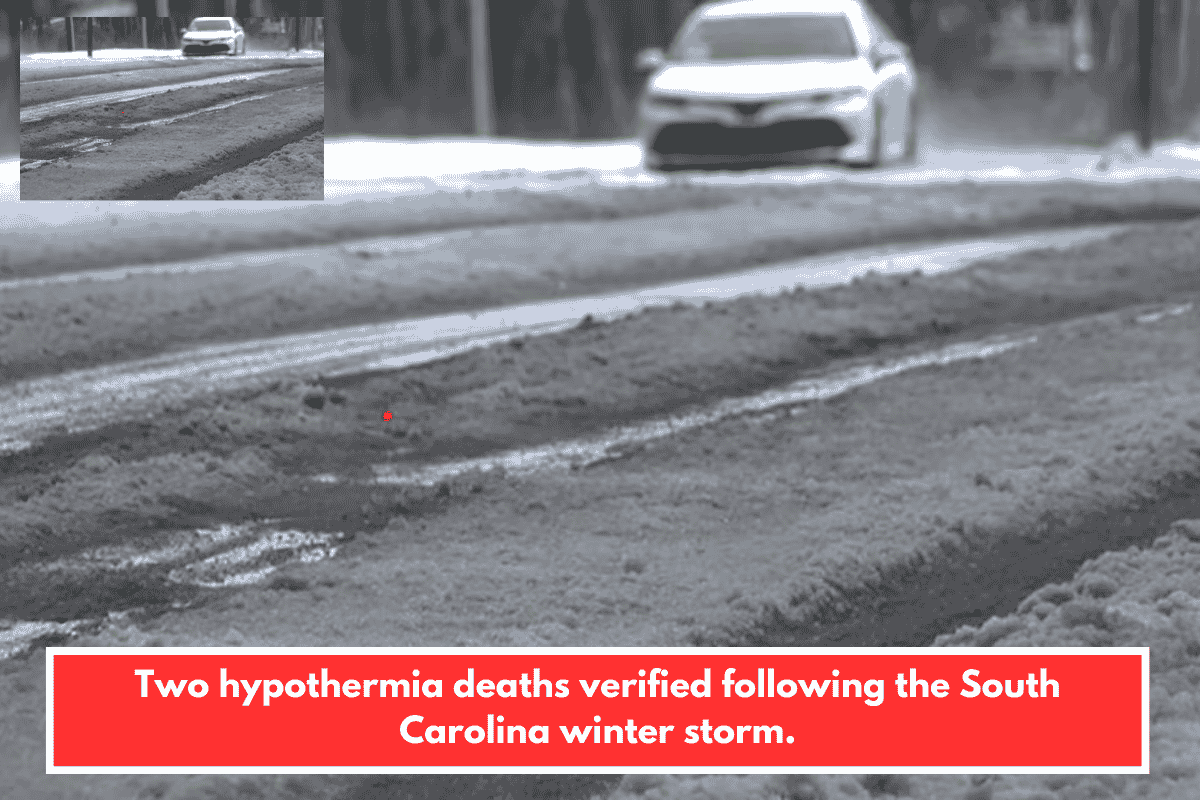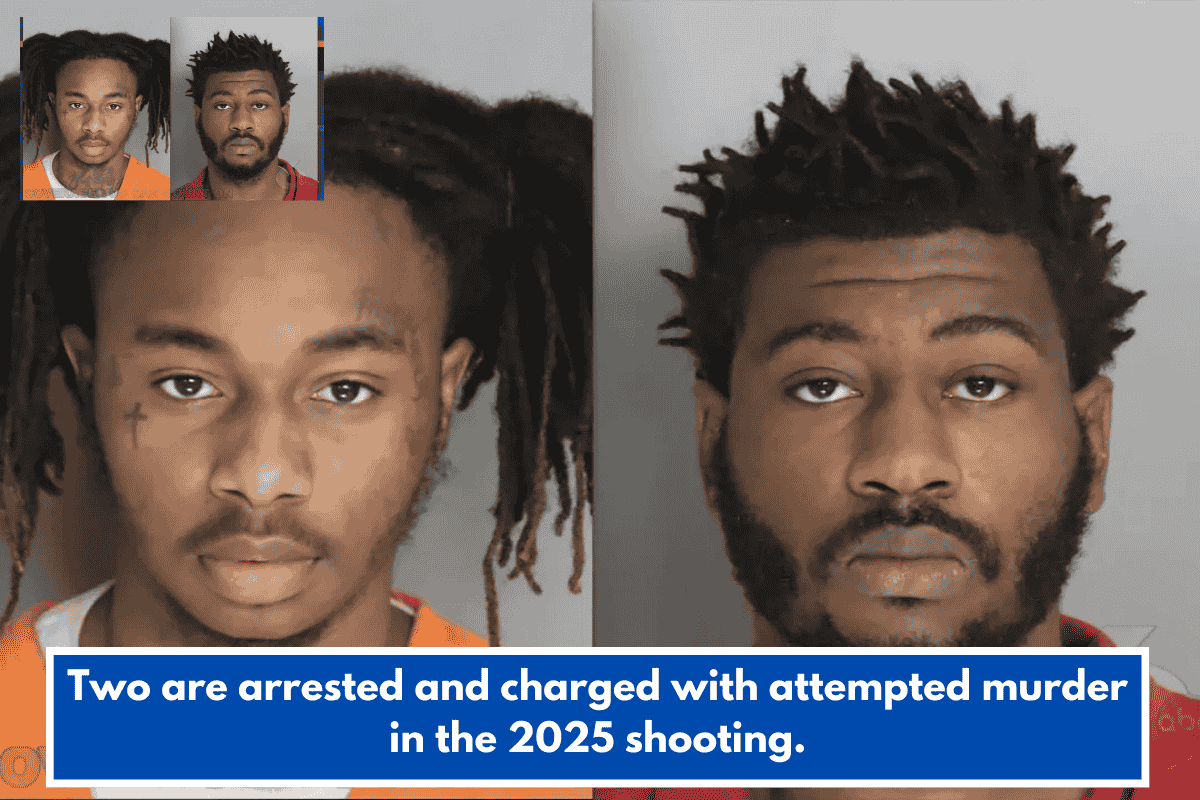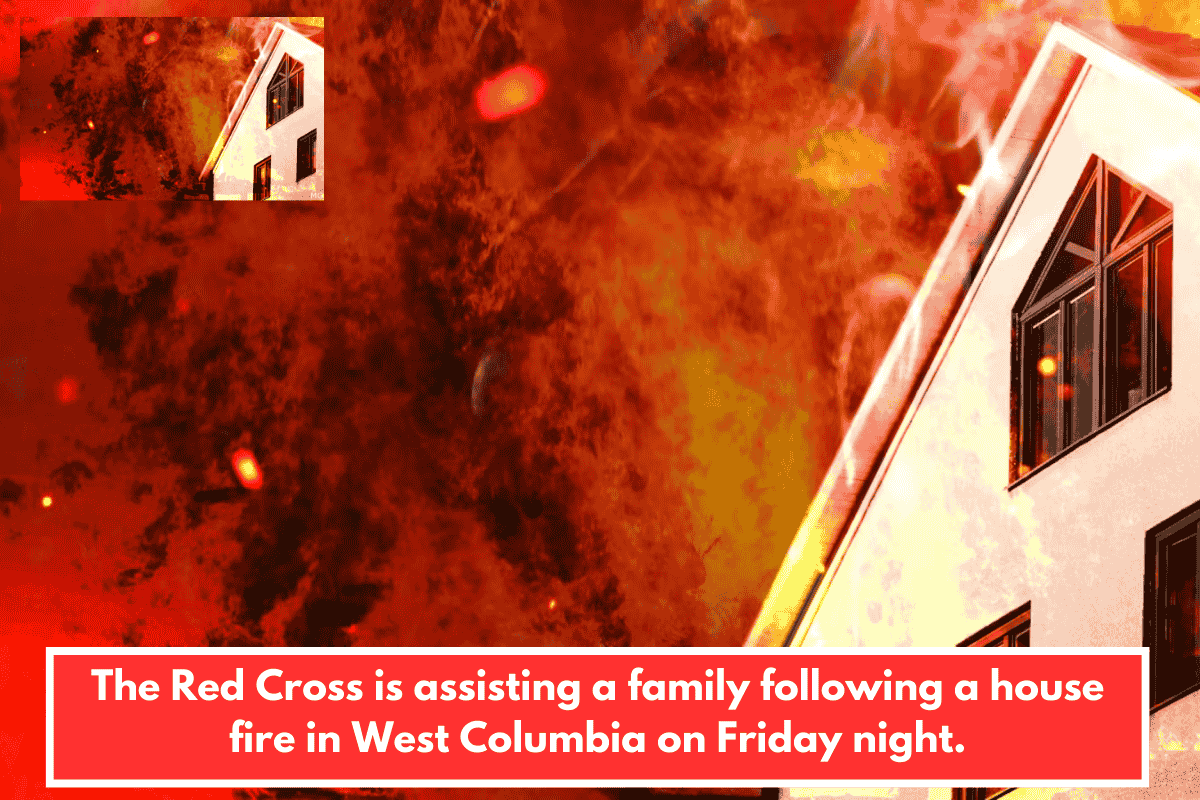Ten years ago, nine people were killed in a mass shooting and hate crime at Mother Emanuel AME Church in Charleston, South Carolina. The tragedy shook the state and the nation, but South Carolina remains one of only two states in the U.S. without a hate crime law.
The Fight for a Hate Crime Law
The tragic loss of lives at Mother Emanuel AME Church sparked widespread calls for justice and legal reforms, including the implementation of a hate crime law. The Clementa C. Pinckney Bill, named after one of the victims, Senator Clementa C. Pinckney, aims to introduce additional penalties in cases where a crime is driven by bias related to race, religion, gender, or sexual orientation.
Senator Tameika Isaac Devine (D – Richland), a vocal advocate for the bill, emphasized that South Carolina, as one of only two states without a hate crime law, needs to take action. “We as citizens are the ones that need to speak up,” Devine stated. “We shouldn’t be one of two states that don’t have this kind of law. It’s been helpful in other states.”
What the Bill Proposes
The proposed bill seeks to impose enhanced penalties for crimes that are motivated by hatred or bias. For example, if a person commits a crime based on hate—such as racial, religious, or sexual orientation bias—the penalties would be more severe than they would be for a similar crime without a hate motive.
Devine explained, “If you are solely motivated by hate and you commit a crime based on that motivation, then that you should have enhanced penalties.” The hope is that the law would provide a greater deterrent to crimes fueled by hate, adding accountability to those whose actions harm others out of bias or prejudice.
Opposition to the Hate Crime Bill
However, not all lawmakers are on board with the proposed legislation. Senator Shane Massey (R – Edgefield) expressed concerns about treating people differently under the law, citing that penalties for offenses in states without hate crime laws can often be more severe than those in states with such laws. He argued that addressing the issue of specific penalties in criminal cases would be more effective than introducing a hate crime law.
“There were a number of us who were disappointed that we saw people trying to use that tragedy as a political tool to accomplish political goals,” Massey said, referring to the calls for a hate crime law following the Charleston shooting.
The Emotional and Political Response
Devine disagreed with Massey’s stance, stressing that the push for the hate crime bill was a response to real-life tragedy. “I don’t think there’s any political motive to respond to something that we’ve seen right here in our own state,” she said. Devine emphasized that many laws, including the hate crime bill, are driven by reactions to societal needs and the desire for justice following tragic events like the Charleston shooting.
While the debate continues, the emotional weight of the Charleston massacre and its aftermath remains a powerful motivator for many pushing for the bill’s passage. Devine noted that the debate over hate crime laws is far from over. “There will be more debates in the future,” she added, acknowledging that the issue will likely continue to be a point of contention in South Carolina politics.
Looking Ahead
The Clementa C. Pinckney Bill represents an ongoing push for justice and accountability in South Carolina, as lawmakers and citizens alike continue to reflect on the pain caused by the Charleston church shooting. With the 10th anniversary of the tragedy approaching, many are hopeful that South Carolina will eventually join the other 48 states that have passed hate crime laws.
While the debate is ongoing, the importance of addressing bias and protecting vulnerable communities remains at the forefront of the conversation. For now, the Clementa C. Pinckney Bill stands as a key reminder of the continued fight for justice in South Carolina.

